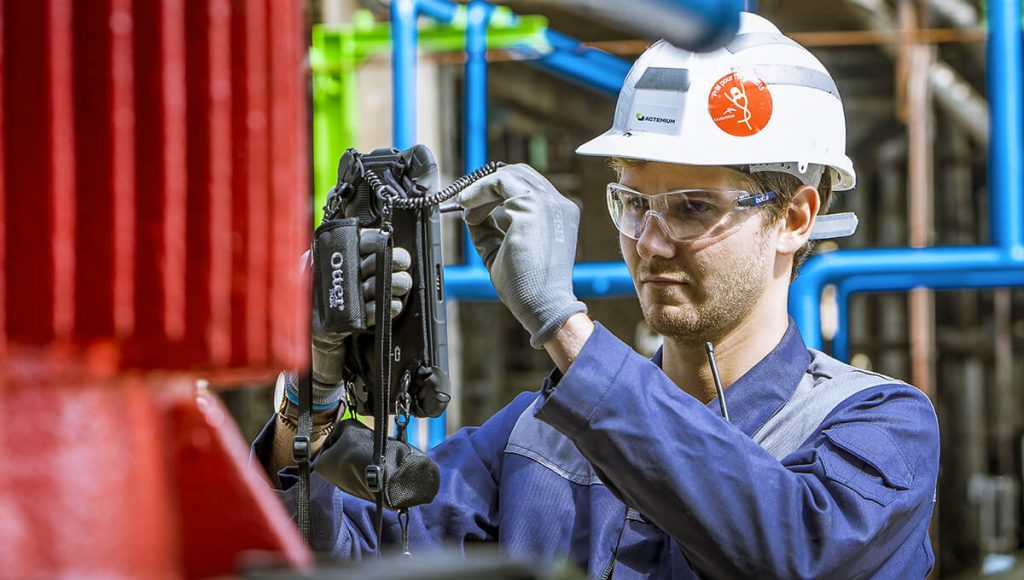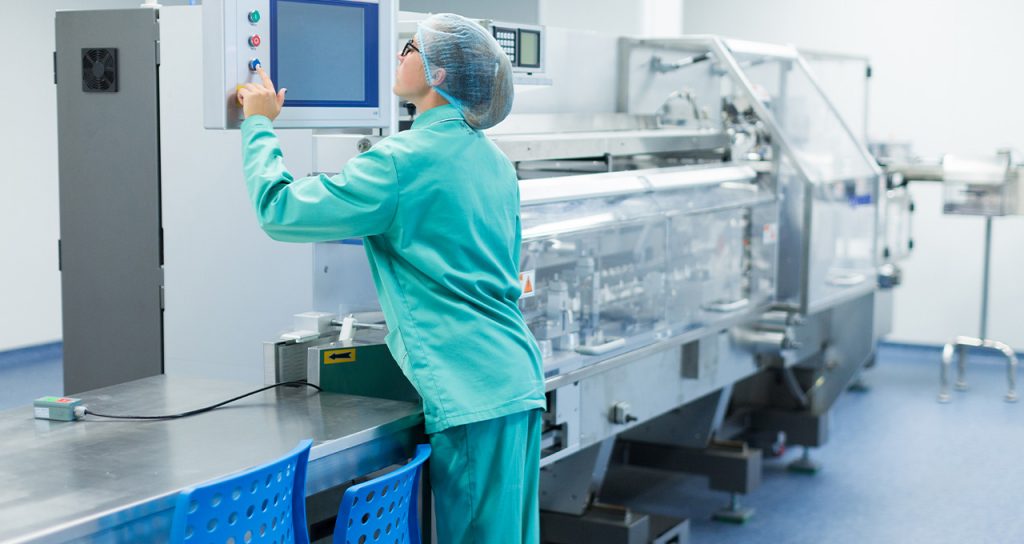
The development of digital technology has given rise to a huge amount of industrial innovation. And not only is there a lot of it, it is also useful: new technologies can help make our factories more productive, more agile and more intelligent, while allowing personnel to refocus on their core activities. Too few French businesses have managed to move into the smart industry age. It’s time to act.
Industrial innovation must now become operational
A recent survey conducted by OpinionWay for the firm EY in October 2016 revealed that 67% of manufacturers consider that smart industry technologies are not mature enough for their businesses. However, only a quarter of these manufacturers consider that smart industry is not adapted to their sector.
The Factory of the Future is a response to several simultaneous transitions, whether of an energy-related, ecological, digital, organisational or societal nature. Can we afford therefore to think of this major change simply as an opportunity for manufacturers to identify their scope for improvement and performance? Obviously not. Smart industry is a necessity driven by a new scale of competition, in order to meet the challenges of reindustrialisation facing France and Europe. Integrators, like industrial demonstrators, are continually demonstrating this: technologies supporting a more agile, more productive and more intelligent industry are particularly efficient and operation-based. Despite the maturity of the technologies, the ease with which they can be integrated, the competitive advantage they offer and the prospects they promise both operators and consumers, French factories have not yet incorporated them into their production chains, even though France is working to modernise its production facilities.
Innovation must be proactive, not something that just happens
This commitment is based on a premise that must be put into effect as a matter of urgency: innovation is not a tool that helps bridge a competitive gap but a process of ongoing development that everyone must engage in and that benefits everyone. Industrial innovation is adaptive and accessible: solutions are analysed and return on investment calculated. EY estimates that average production costs will see a 10 to 15% reduction within a 3 to 5-year period.
Industrial innovations may be disruptive, but they optimise manufacturing processes without changing them entirely, which facilitates their integration on site. Collaborative robots are a case in point: as an innovative technological component of robotics, the “collaborative” aspect is among the advanced new functionalities of Factories of the Future. Operators use the same workspaces as robots, without barriers, during production phases. This revolution in implementation and safety conditions allows for full adaptability of application areas and solution implementation.
Furthermore, Big Data helps leverage a new asset in the factory environment – data – benefitting factory profitability and flexibility of installations and orders.
Uniting the industrial ecosystem and facilitating necessary dialogue
The greatest strength of innovative solutions is their adaptability. The 37% share of French businesses which have already adopted or plan to adopt a “Smart Industry” roadmap must therefore set an example and support very small and small and medium-sized industrial enterprises which don’t yet dare to make the transition. Dialogue between the various forces involved must be encouraged so as to promote operational, directly applicable innovation. The creation of an interbranch fablab, linking start-ups, company managers, integrators, suppliers, federations and researchers, could lead to significant progress.
At the post-R&D stage, proofs of concept also prove very useful: by testing the efficiency of innovations in specific contexts, these trials make it possible to deploy the most relevant technologies.
I am convinced that we have all the tools and expertise required to help manufacturers to quickly implement innovation in their factories. We must not delay; now is the time to make innovation operational and to set in motion a process that will boost productivity and jobs in our country!
14/10/2016




